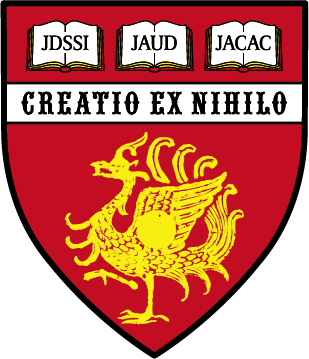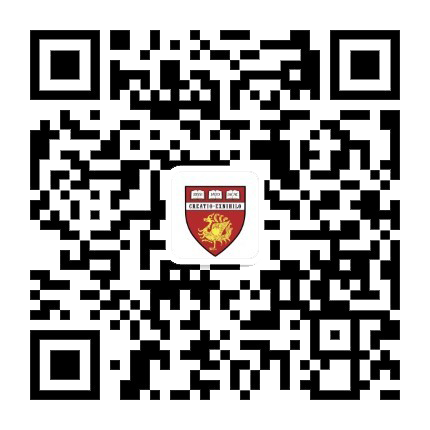Journal For Editors: Crafting Excellence in Scholarly Publishing
Whether you're a seasoned editor-in-chief or newly appointed to an editorial board, you'll find valuable resources for:
Managing peer review processes with efficiency and fairness
Maintaining high ethical standards in scholarly publishing
Building and nurturing a robust scholarly community
Enhancing your journal's impact and visibility
Navigating complex editorial decisions with confidence.
Addressing Publication Bias: Promoting Transparency
Publication bias represents a significant challenge in scholarly publishing, potentially skewing the research landscape and affecting evidence-based decision making. Understanding and actively addressing these biases is crucial for maintaining the integrity of academic literature.
Consider demographic and geographic representation.
Support data sharing and accessibility.
Implement standardized reporting checklists.
Continuous Professional Development for Editors: Staying Ahead
In the rapidly evolving landscape of scholarly publishing, continuous professional development is essential for maintaining editorial excellence and advancing your career. A comprehensive approach to professional growth encompasses various learning opportunities and engagement channels.
Educational Events and Training
Regularly attend workshops, conferences, and webinars focused on scholarly editing and publishing. Participate in specialized training sessions on new publishing technologies, editorial best practices, and emerging industry standards. Consider pursuing relevant certifications in academic publishing.
Technology and Trends Monitoring
Stay informed about new publishing platforms, digital tools, and workflow solutions. Follow industry journals, newsletters, and thought leaders on social media. Understand emerging trends in open access, preprint servers, and alternative metrics.
Networking and Knowledge Exchange
Engage in mentoring relationships, both as mentor and mentee. Join editorial associations and professional societies. Participate in online forums and discussion groups focused on scholarly publishing. Share experiences and best practices with peer editors.
Skills Enhancement
Develop expertise in specialized areas such as research ethics, statistical analysis, or specific subject domains. Learn about new research methodologies and reporting standards. Improve language and communication skills for working with international authors.
Leadership Development
Take on increasing responsibilities within your editorial role. Participate in editorial board activities and strategic planning. Develop management skills for leading editorial teams and working with stakeholders.
Remember that professional development is an ongoing journey rather than a destination. Regular self-assessment and setting clear development goals will help ensure continued growth and success in your editorial career.





